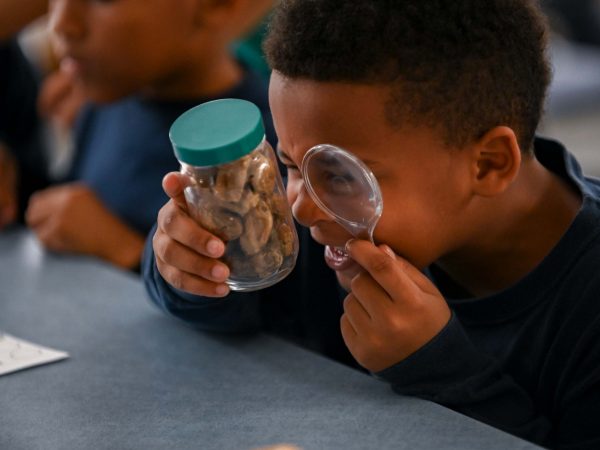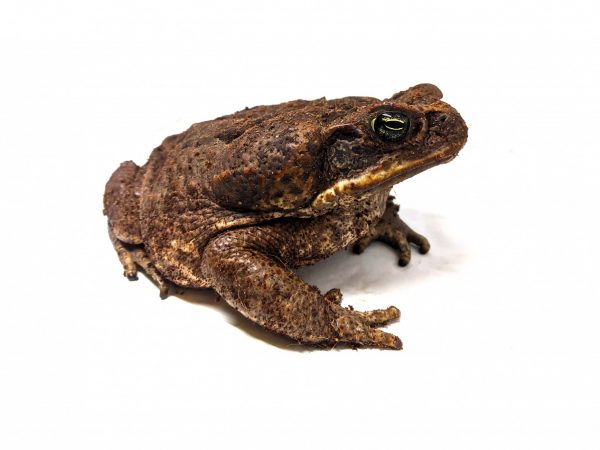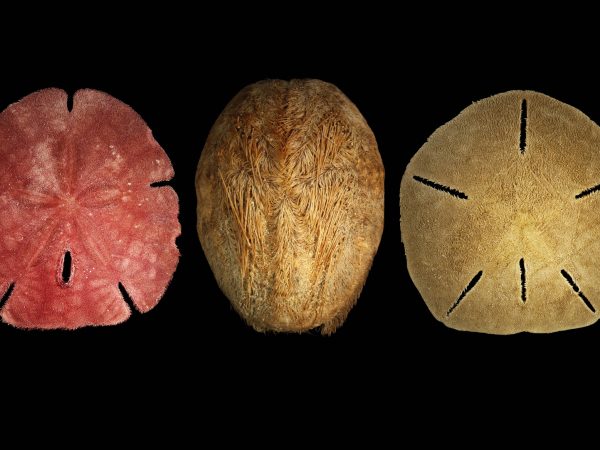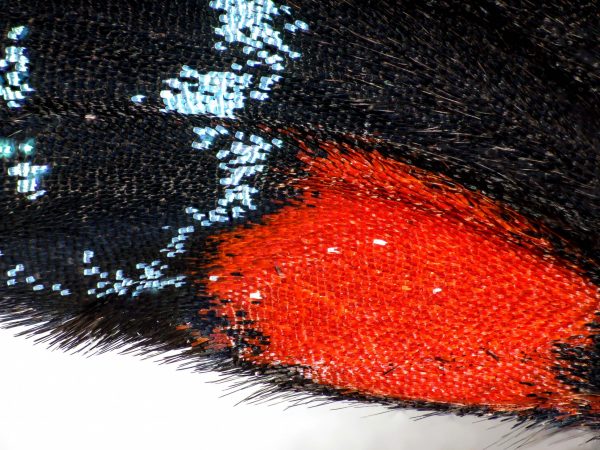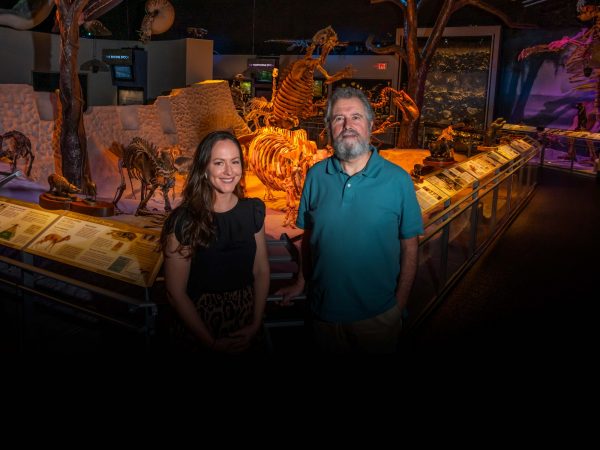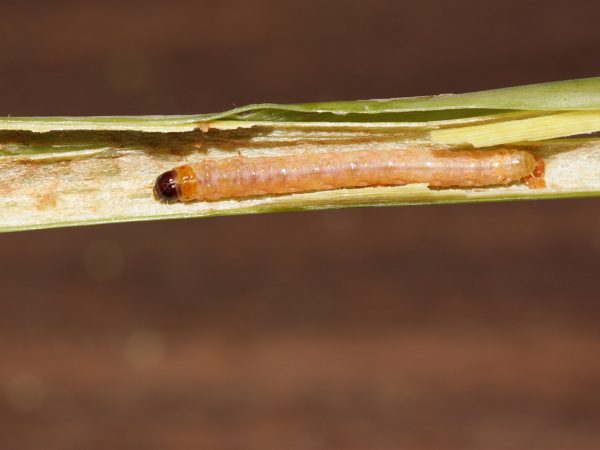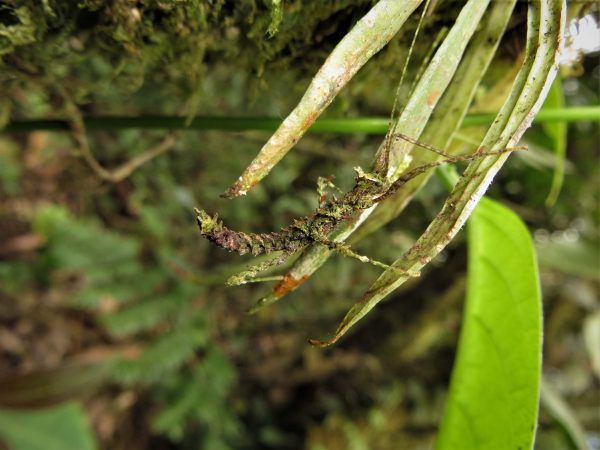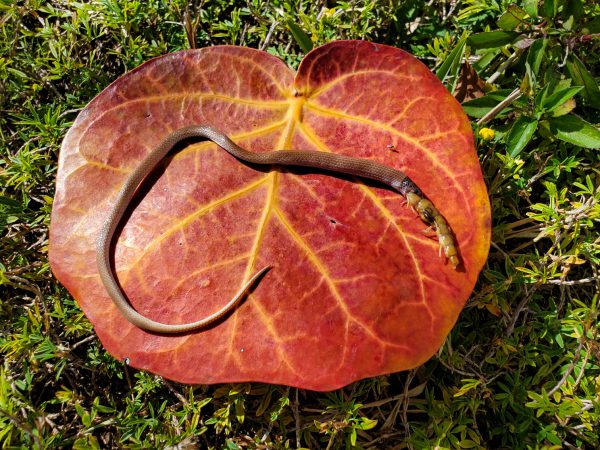Children have less perceived access to important tools than reported by their parents
According to a new study, children think they have less access to common measurement tools and toys around the house…
Read More
A hard pillbug to swallow: First X-rays of frog feeding show how they consume prey
The phrase “to swallow one’s tongue” has been around since at least the 1880s and has been repurposed in several…
Read More
Sea urchins keep on trucking while other marine life languishes in the Florida Keys
In the summer of 2020, Florida Museum researchers Tobias Grun and Michał Kowalewski dove into the shallow waters off the…
Read More
Rare and iconic Atala butterflies retain ancient pattern of wing symmetry
Nature seems to have an inexhaustible supply of inspiration when it comes to butterflies. With over 18,000 species, each with…
Read More
Rachel Narducci takes on new role as vertebrate paleontology collections manager
Like many children, Rachel Narducci gained a love and appreciation of dinosaurs from the movie “Jurassic Park.” Unlike most kids…
Read More
Archaeologist Catherine Smith joins the Florida Museum as its first full-time NAGPRA coordinator
Earlier this year, the Florida Museum of Natural History welcomed Catherine Smith as its first full-time NAGPRA coordinator. Smith has…
Read More
The Florida Museum of Natural History opens state-of-the-art collections building
The Florida Museum of Natural History is expanding this month with the opening of a state-of-the-art special collections building on…
Read More
Tracking the origin of southern California’s latest invasive pest
In 2012, a crop of California’s most prized ornamental trees was overrun by an invisible invader. The growing shoots of…
Read More
Tropical insects are extremely sensitive to changing climates
Insects that are adapted to perennially wet environments, like tropical rainforests, don’t tend to do well when their surroundings dry…
Read More
North America’s rarest snake found biting off more than it could chew
North America’s rarest snake, Tantilla oolitica (rim rock crowned snake), was recently spotted in a park in the Florida Keys…
Read More
